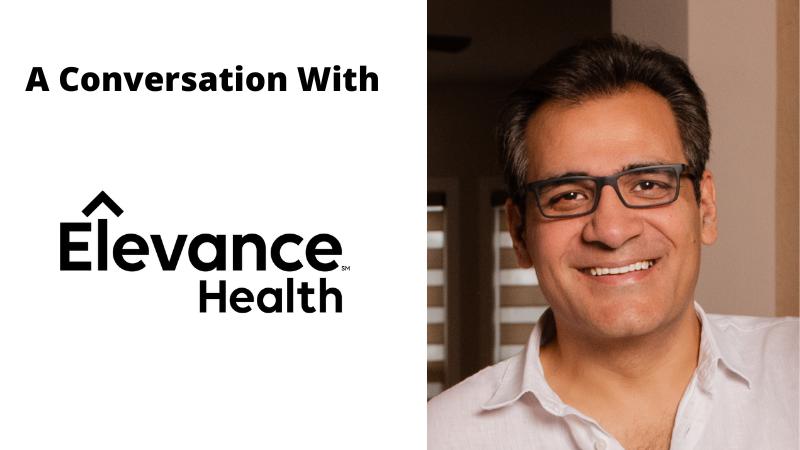[ad_1]
 There is a mythology of aging baby boomers complaining about their ailments.
There is a mythology of aging baby boomers complaining about their ailments.
As a “young-older” guy fortunate to have no known physical issues, I almost resent the caricature that aging people complain about their health.
But we have to complain about something, don’t we? My complaint is that the TV shows I watch are targets for the Joe Namath Medicare Advantage plan advertisements.
As a guy who never led a 19-1/2 point underdog to a Super Bowl victory, I feel sorry for Joe now being best known for those silly commercials where he almost comes through the screen.
And why Joe Namath as a Medicare supplement spokesperson? His past reputation would make a spokesperson for ABC’s “The Bachelor” more logical.
Sandy Koufax as a spokesperson for an arthritis medication? Now that makes sense. But Koufax would not take on such a position.
You Namath fans are going to snap back at me that Sandy somehow helped coach Dennis The Menace’s neighborhood team and even gave up an inside-the-park home run to a horse on “Mister Ed.”
Point taken. But that was all in fun. Following the Koufax lead, today I will make a dignified plea for a “triple” tax deduction for your medical costs.
The number three has special significance in Sandy Koufax’s career. Three times he led the league in the three key categories of wins, ERA and strikeouts. Three times he won the Cy Young Award.
So how can you get three tax deductions for medical costs? First, work for an employer nice enough to offer a health care flexible spending account (FSA).
An FSA allows you to set aside money to pay for qualified medical care. You cynics say, we can pay for medical costs with our own money.
Of course you can. But only after paying taxes on the money used to pay those costs. Because medical costs cannot be deducted unless they exceed 7.5% of your adjusted gross income, most of you will pay with after-tax dollars.
New Mexico will allow a small portion of those costs to be deducted, but what if you could deduct all the medical costs for federal and for state?
Even Joe Namath is raising his eyebrows at that one. But those of you counting along on your fingers say, well that, if possible, is still only two deductions. You promised three.
What if you could also avoid Social Security taxes on the funds placed in the FSA? That’s three! And it’s so easy that, unlike Sandy Koufax pitching, you can achieve this triple crown of tax benefits with one hand tied behind your back.
Let’s say that you anticipate $3,000 of out-of-pocket medical costs this year. Contributions to an FSA are capped at $2,850 in 2022, so you can’t cover all of those costs.
But FSA contributions are generally lost if not used by the end of the plan year. So you may not want to contribute the expected $3,000 even if you could.
Let’s say you contribute $2,400. These funds can then be used to reimburse you for approved medical costs during the year.
The employer will probably even give you a debit card that you can use to pay for the costs at the provider’s office.
Funds set aside are exempt from federal income tax. Since New Mexico follows federal, they are also exempt from New Mexico tax. And then, you do not pay social security taxes on FSA funds.
If you are in a 22% federal bracket, a 4.9% state bracket, and pay 7.65% social security taxes, the FSA contribution can save you 34.55% of each dollar contributed.
This means that the $2,400 of medical costs paid through the FSA cost you $1,571. The other $829 is paid by the government.
Now that’s an advantage plan! And some plans will even allow you to carry over unused amounts or to have a grace period after year end to spend all funds.
The bad news? Many employers cannot afford to offer FSA plans. However, recent data suggests that 63% of employers do offer health care FSA plans.
Some employees see every employer offer as a trap. Health care FSAs are not. Don’t pass on the opportunity if it exists.
James R. Hamill is the director of tax practice at Reynolds, Hix & Co. in Albuquerque. He can be reached at jimhamill@rhcocpa.com.
[ad_2]
Source link



